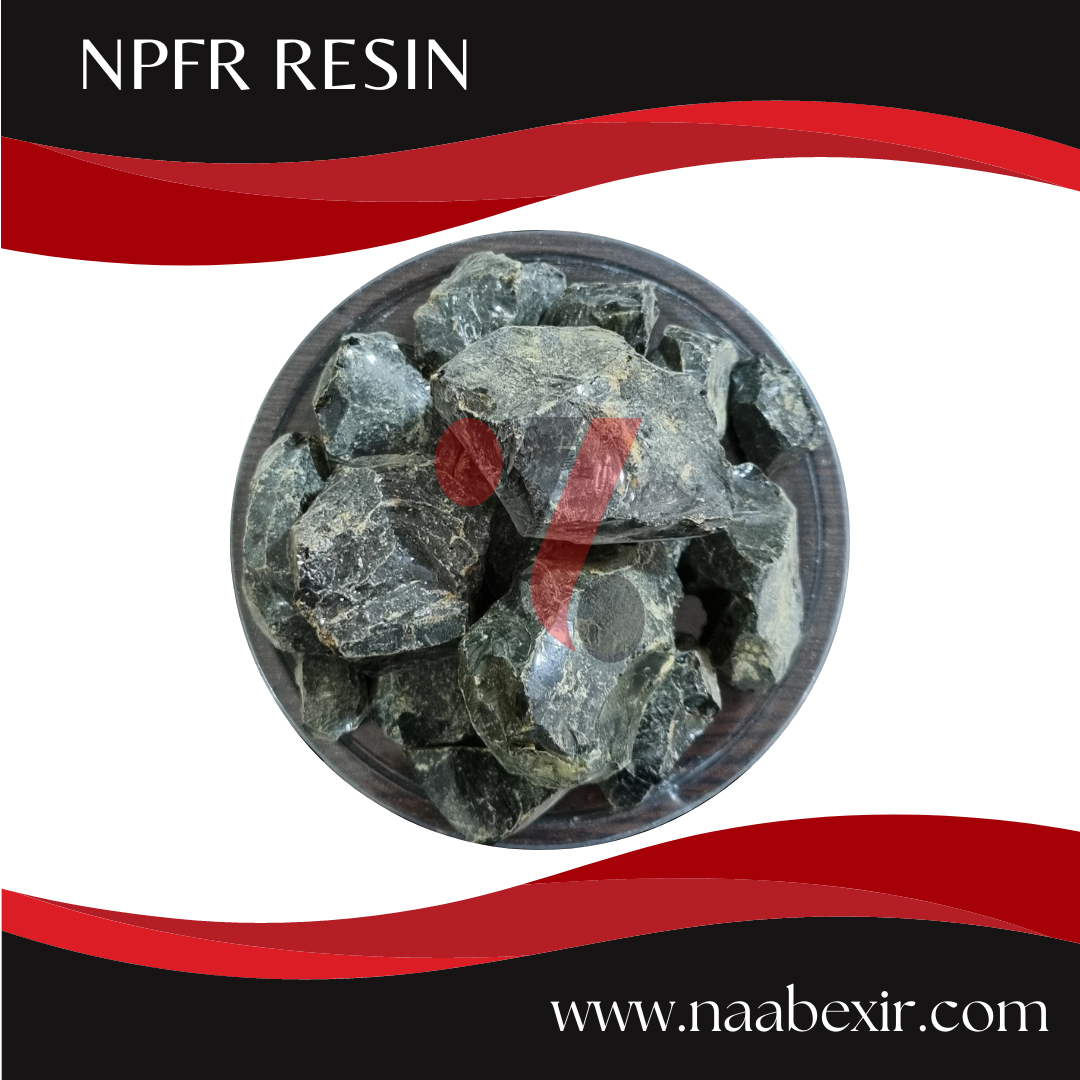
Alkyl Phenol Formaldehyde Resin (APFR)?
**Alkyl Phenol Formaldehyde Resin (APFR)?**
Alkyl Phenol Formaldehyde Resin (APFR) is a type of phenolic resin synthesized from the reaction of alkyl phenols with formaldehyde. Alkyl phenols are a class of organic compounds that contain an alkyl group attached to a phenol group.
APFRs belong to a versatile class of resins with a wide range of applications. They find use in various industries, including rubber, adhesives, coatings, and composites.
Some specific characteristics of APFRs include:
1. **Compatibility with Various Materials:** APFRs exhibit good compatibility with different materials, including metals, plastics, and wood. This makes them a versatile choice for various applications.
2. **Excellent Adhesive Properties:** APFRs have excellent adhesive properties, making them useful for bonding various materials effectively.
3. **Durability:** APFRs are durable materials that can withstand different conditions such as exposure to water, heat, and chemicals. This durability makes them a good choice for applications where longevity is essential.
4. **Fire Resistance:** APFRs possess good resistance to fire, making them suitable for applications where fire resistance is important.
Below are some common applications of APFRs:
1. **Modification of Rubber Properties:** APFRs are used to modify the properties of rubber to enhance hardness, wear resistance, and water resistance. They are also used to improve the adhesion of rubber to other materials.
2. **Adhesives:** APFRs are employed in various types of adhesives, including contact adhesives, hot-melt adhesives, and epoxy adhesives. They are used for bonding different materials, including metals, plastics, and wood.
3. **Coatings:** APFRs are used in various coatings, including paints, varnishes, and lacquers. They enhance durability, water resistance, and heat resistance in coatings.
4. **Composites:** APFRs are used in different types of composites, including fiber-reinforced plastics and wood-plastic composites. They improve strength, hardness, and fire resistance in composites.
5. **Other Applications:** APFRs also find use in various other applications, such as sealants, gaskets, and penetrants.
APFRs are generally considered safe materials, but inhalation or ingestion may pose health risks. Additionally, they can be carcinogenic, so precautionary measures should be taken when handling them.
In summary, APFRs are a versatile class of resins with applications across various industries. They exhibit compatibility with different materials, excellent adhesive properties, and resistance to fire, making them suitable for a wide range of applications.
 English
English  فارسی
فارسی 
